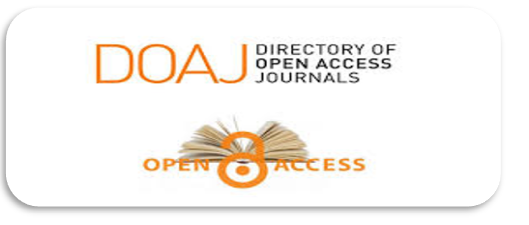Reviewer Guidelines
Reviewers
Peer reviewing a manuscript is both a privilege and a significant responsibility. At RJCSM, we deeply appreciate the time and expertise reviewers contribute to maintaining the journal’s high standards. Our double-blind peer-review process is designed to be efficient, impartial, and rigorous, ensuring that only high-quality research is published.
To uphold these standards, RJCSM seeks reviewers who can provide insightful, constructive feedback within a three-week timeframe. The journal's reputation depends on the commitment of expert reviewers who evaluate manuscripts with objectivity, fairness, and depth.
Responsibilities of Reviewers
If you are invited by the RJCSM Editor-in-Chief to review a manuscript, please adhere to the following guidelines:
- Conduct a thorough, critical, and constructive review, providing detailed feedback to help authors improve their work.
- Review multiple manuscript versions when necessary.
- Submit all required feedback within the designated deadline.
- Recommend to the editor whether the manuscript is suitable for publication.
- Declare any potential conflicts of interest related to the authors or content of the manuscript.
- Report any suspected research misconduct.
- Suggest alternative reviewers if you are unable to review the manuscript.
- Treat the manuscript as a strictly confidential document.
- Refrain from using any unpublished work described in the manuscript.
- Avoid direct communication with the authors, even if their identities become known.
- Maintain anonymity and not disclose their role as a reviewer to the authors.
- Do not delegate the review to another individual.
- Ensure that the manuscript meets high-quality and originality standards.
- Inform the editor if the manuscript is under consideration for publication elsewhere.
- Submit the review report in English.
- Consider authoring a commentary for publication if relevant to the reviewed manuscript.
Key Aspects to Evaluate in a Manuscript
Reviewers should assess the manuscript based on the following criteria:
- Novelty – Does the research introduce new ideas or perspectives?
- Originality – Is the work unique and innovative?
- Scientific Reliability – Are the methods, data, and conclusions scientifically sound?
- Contribution to the Field – Does the study add value to the existing body of knowledge?
- Ethical Compliance – Does the research adhere to ethical standards?
- Article Structure – Is the manuscript well-organized and in line with the journal’s guidelines?
- Reference Accuracy – Are citations relevant and correctly formatted?
- Language & Clarity – Is the manuscript free from grammatical, punctuation, and spelling errors?
- Scientific Integrity – Is there any indication of research misconduct?





